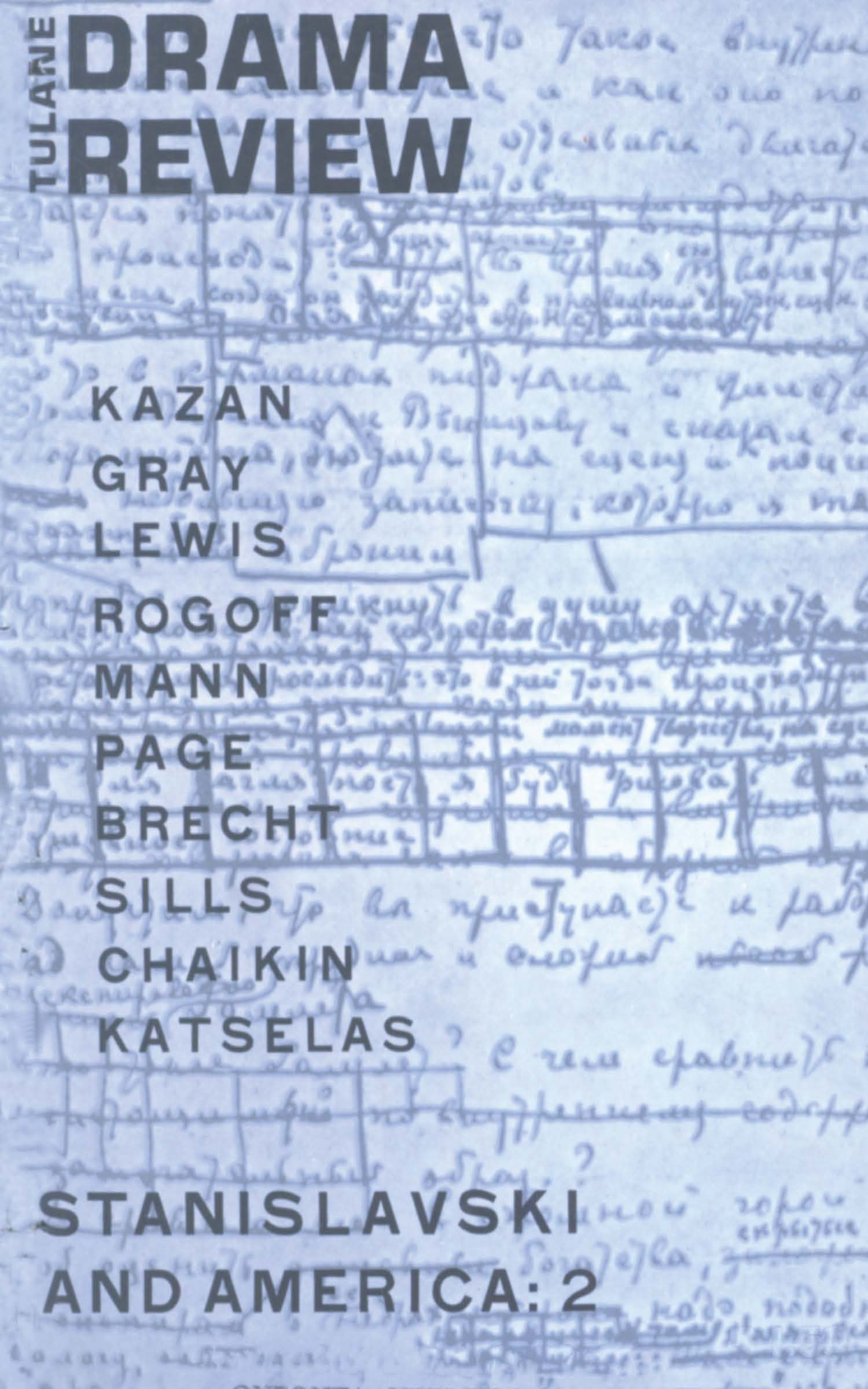No CrossRef data available.
Article contents
Theatre for Learning
Published online by Cambridge University Press: 14 February 2022
Extract
When anyone spoke of modern theatre a few years ago, he mentioned the Moscow, the New York or the Berlin theatre. He may also have spoken of a particular production of Jouvet's in Paris, of Cochran's in London, or the Habima performance of The Dybbuk, which, in fact, belonged to Russian theatre since it was directed by Vakhtangov; but by and large, there were only three capitals so far as modern theatre was concerned.
The Russian, the American and the German theatres were very different from one another, but they were alike in being modern, i.e., in introducing technical and artistic innovations. In a certain sense they even developed stylistic similarities, probably because technique is international (not only the technique directly required for the stage, but also that which exerts an influence on it, the film, for example) and because the cities in question were great progressive cities in great industrial countries.
- Type
- Research Article
- Information
- Copyright
- Copyright © 1961 The Tulane Drama Review
References
Notes
1 Play dealing with current problems—Trans.
2 Alfred Döblin (1878-1957), German novelist and essayist, author of Berlin Alexanderplatz, etc.
3 Entfremdung—alienation.
4 Reference to popular German literature about Red Indians, by the author Karl May, in which, after a chieftain had given his opinion at a pow-wow he would conclude, “I have spoken. Ugh!”—Trans.
5 Nietzsche's quip referred to a banal verse tale by Viktor Scheffel, Der Trompeter von Säckingen, a standard favorite in Germany's “plush sofa kultur”—a parallel of Victorianism—in the second half of the nineteenth century—Trans.
6 After the defeat of the Nazis in 1945, the German administrators of the then Soviet-occupied zone—now the German Democratic Republic—invited Brecht to establish his own theatre in East Berlin. This theatre, the “Berliner Ensemble,” is recognized today all over the world as a classical type of epic theatre—Trans.


